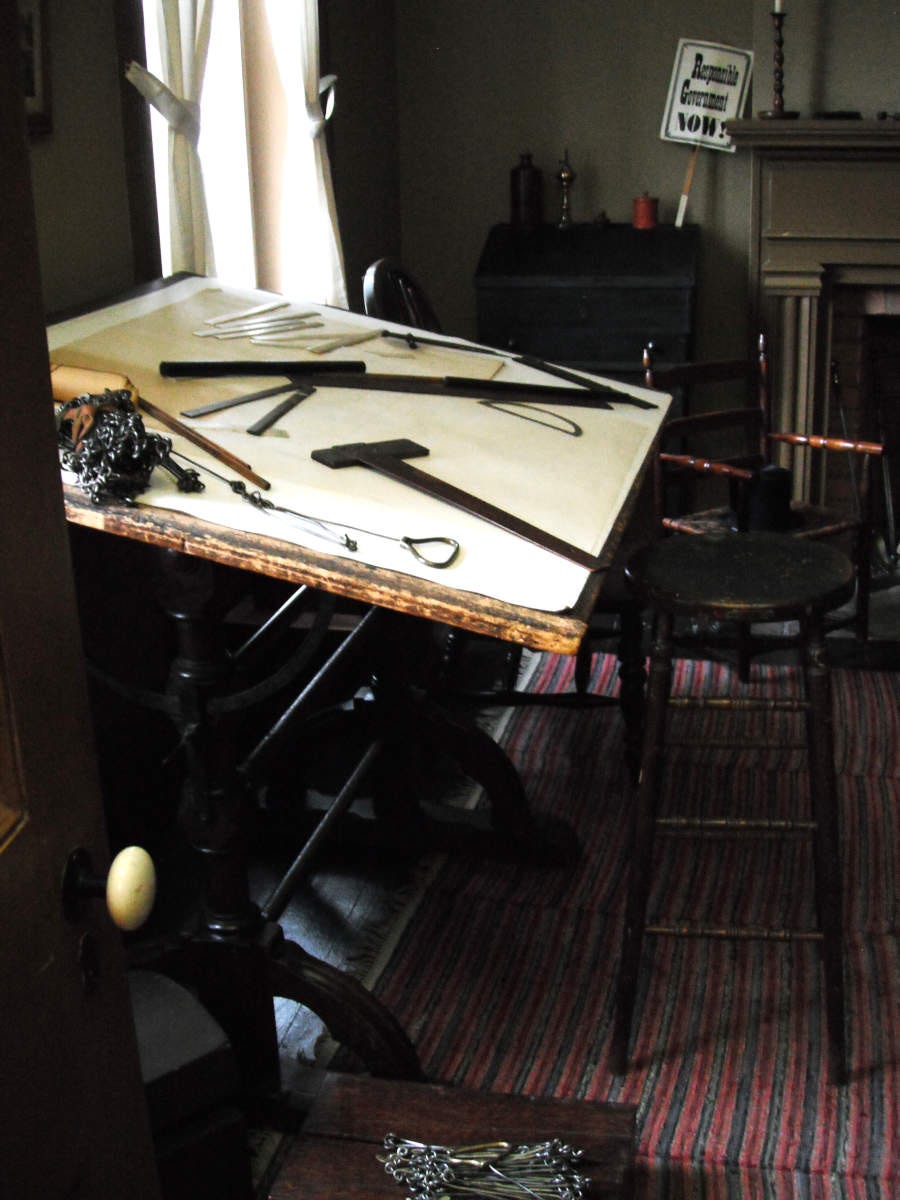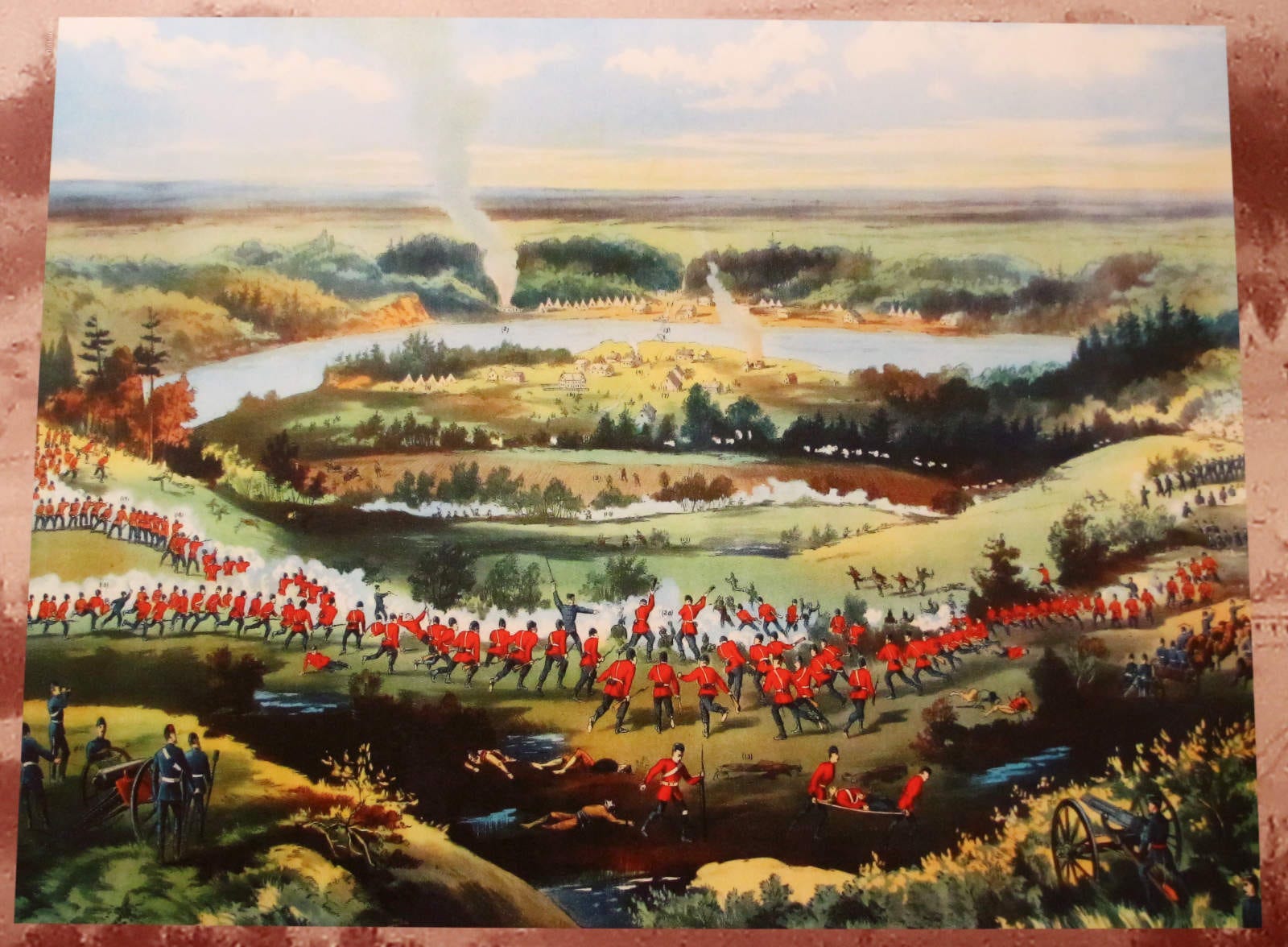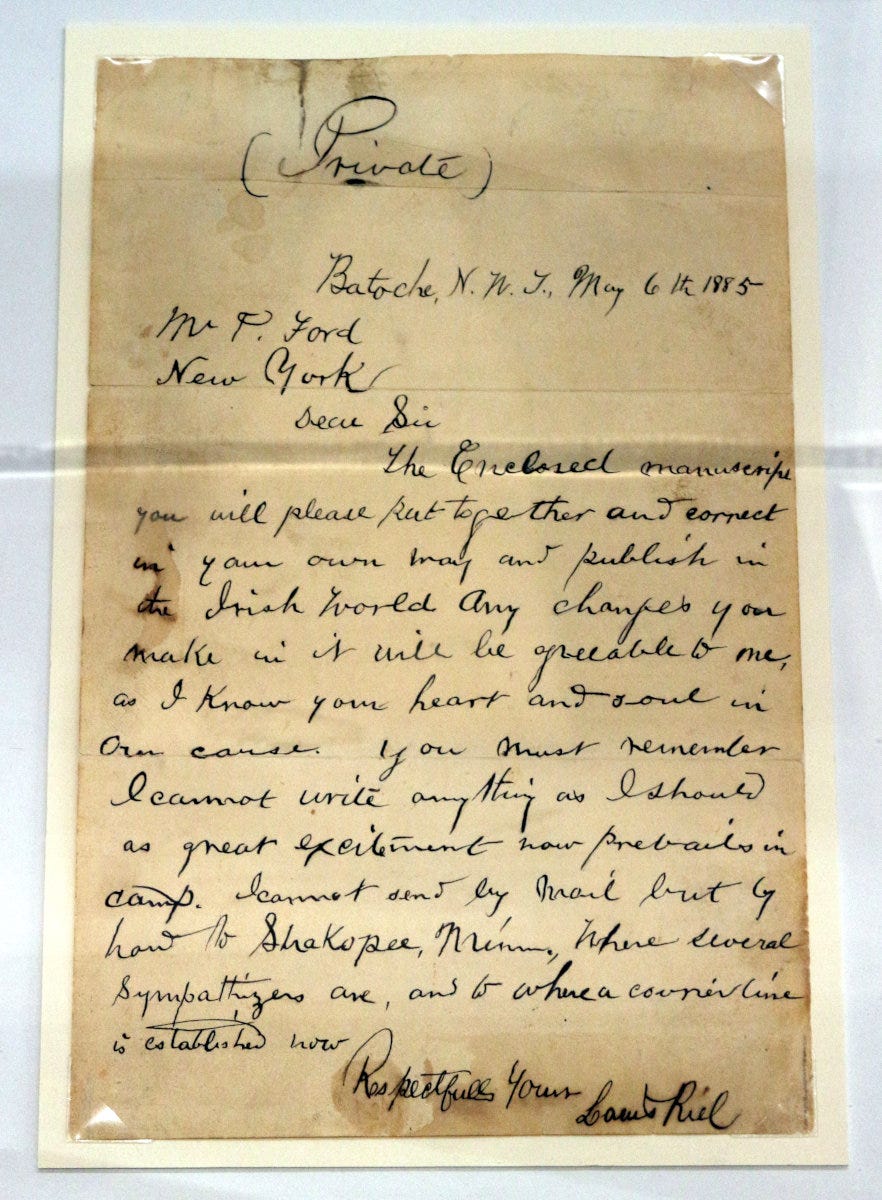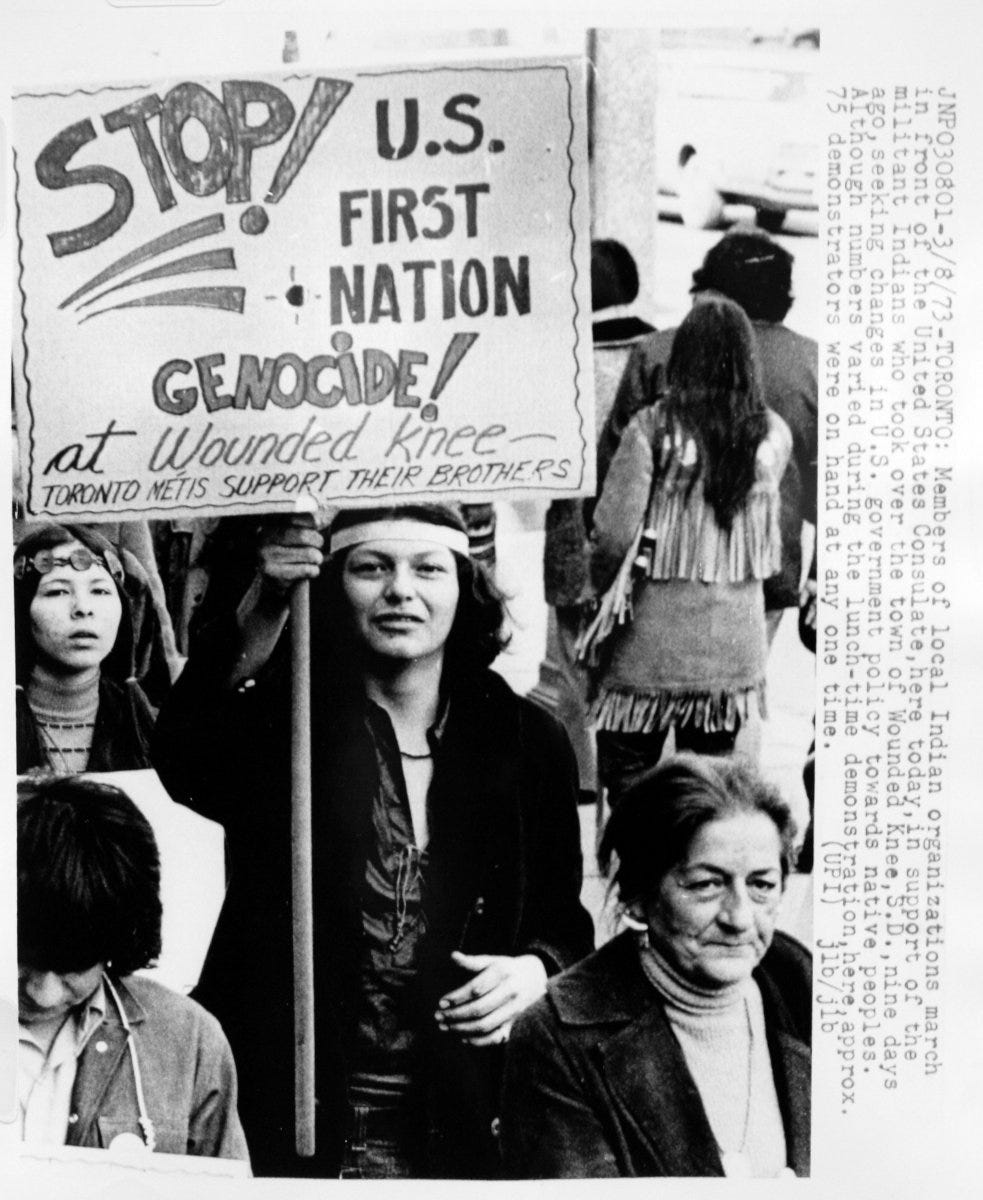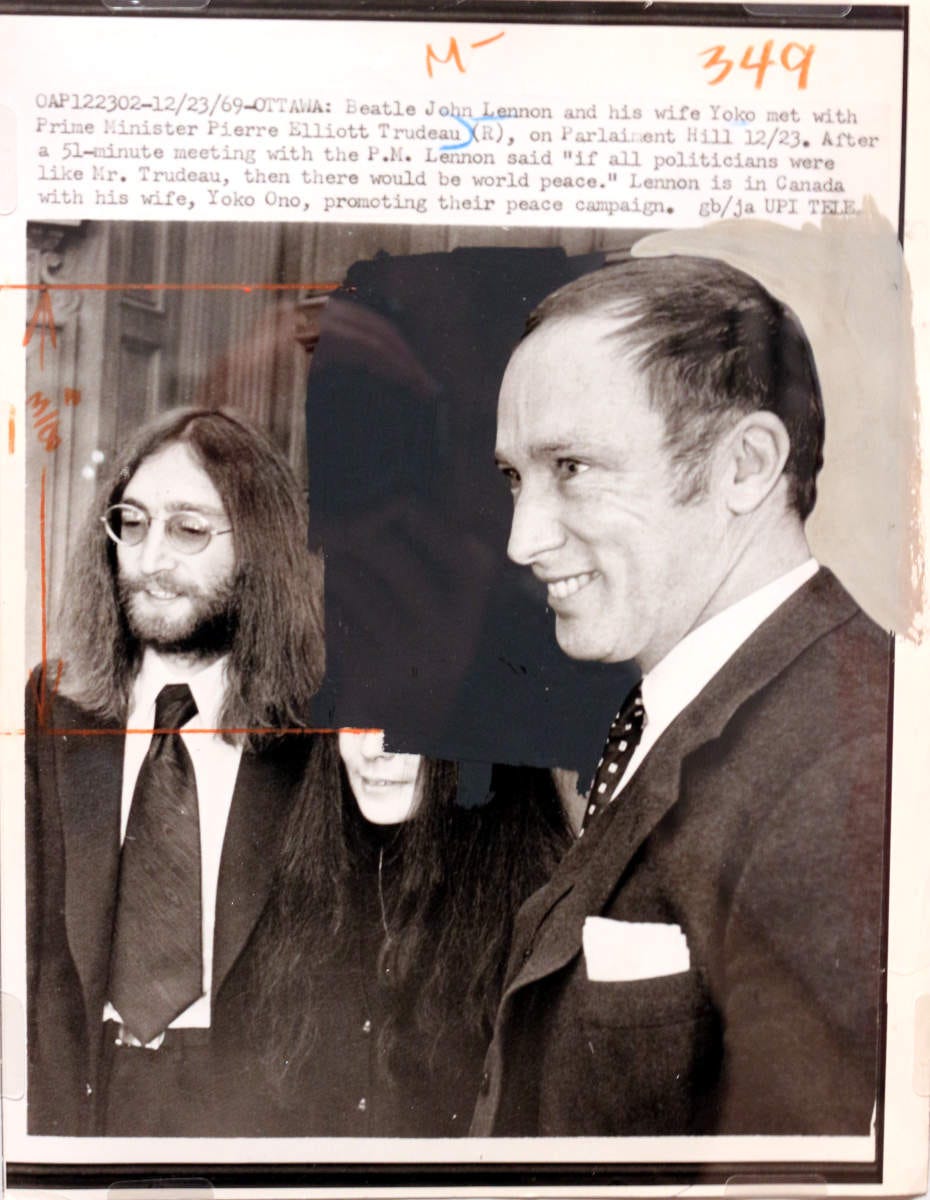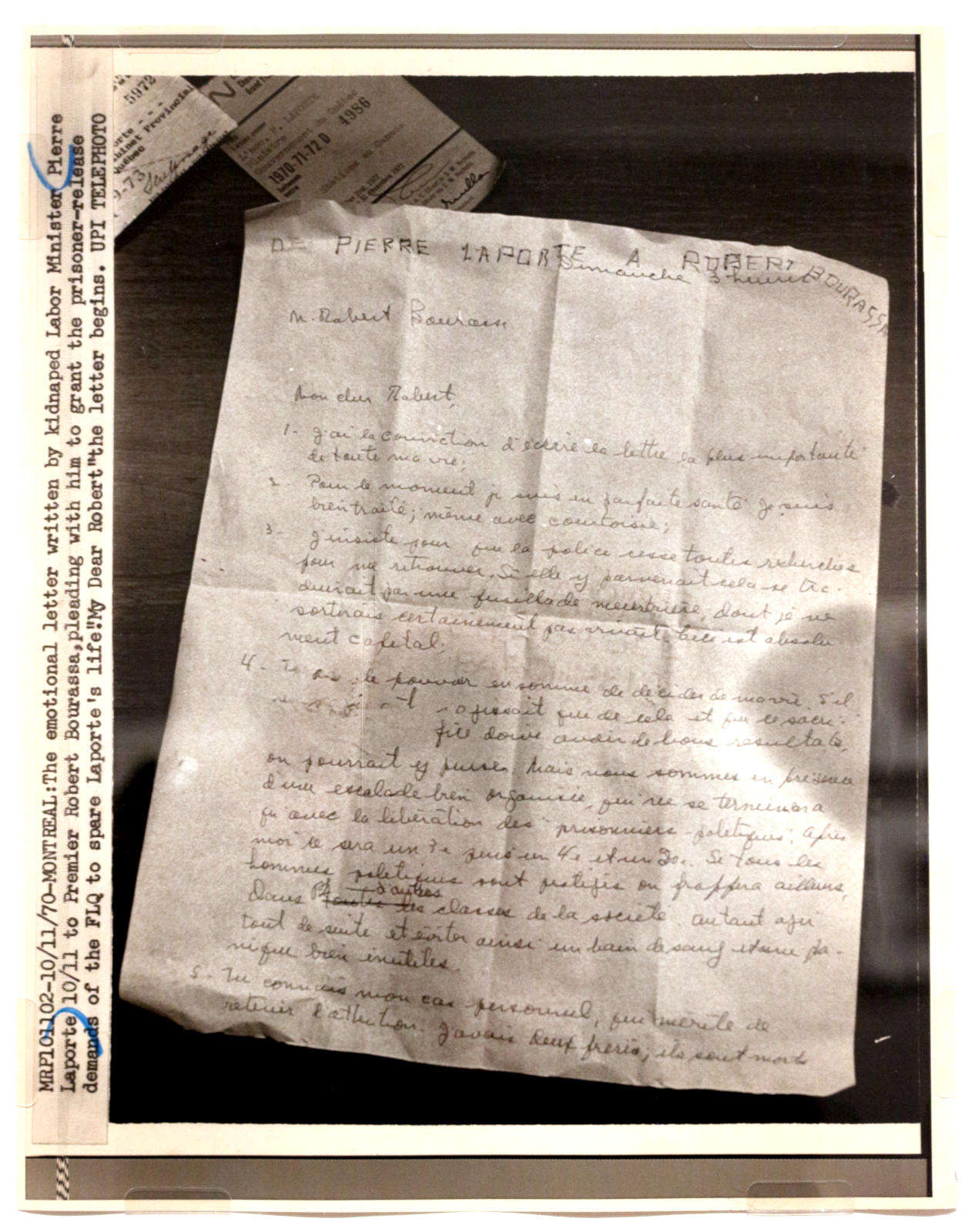Read 'em and weep - rebellions and results
Laboratory for Rebellion - Gibson House
I wrote recently about the founding of York, Upper Canada - present day Toronto, Ontario - and especially the principles of John Graves Simcoe, who insisted slavery be excluded - right from the foundation of Canada.
To this day, a very important part of Canadian identity is that we are decidedly not Americans - and the sometimes hard to describe but different paths along which our cultures evolved can be said to first branch sharply here (1793).
But these early optimistic principles of explicit fairness were not enough to prevent conflicts arising over the following century, along lines which remain very understandable to this day.
The twin rebellions of upper and lower Canada in 1837-1838 - in which reformers, workers and farmers went up against redcoats of the line to protest political corruption, were both put down conclusively with force. But these lost battles did lead the British Parliament to advance responsible home government to the united provinces of upper and lower Canada, lest they be tempted to rebel again.
By the time of Confederation in 1867, Canada consisted of former Upper and Lower Canada (Ontario and Quebec) New Brunswick, Nova Scotia, and Prince Edward Island. But North and West of these areas of rapid immigration and development, the territories (retained by the British Crown) were much less clearly defined in law, though they did have a highly evolved and virtually unique culture.
Technically, Queen Anne won control over the vast territory of "Prince Rupert Land" from the French in the Treaty of Utrecht in 1715 (further concessions in the treaty of Paris - 1763), Whereupon, by her decree the "Hudson's Bay Company" was granted an almost continent wide monopoly on trade.
But while the ownership of the land changed from French to British hands, thanks to the decisions of people thousands of miles away, the majority of the trappers across the Western plains - especially in the region of the Red River, were Metis - half French and half First Nations - in the West, mostly Cree and Ojibwe, and in the East largely Wabanaki confederacy or Algonquin (See Sault Ste Marie).
Many had been fur trappers for generations, and made massive investments of labour on the land, building farms and early settlements. The Metis mixture of Catholic and native ideas developed into a rich and distinct culture - quite apart from the Protestant conservatism dominant in Ontario and traditional Catholicism in Quebec, just as they were from their ofttimes allies, the still active and organized (though already highly stressed) indigenous communities.
It is also noteworthy that the farms and supporting settlements the Metis developed always followed the old Catholic model of land use, with long narrow plots along a riverside, allowing everyone some access, where the British educated technocrats insisted on large neat blocks which inevitably provided some a distinct commercial advantage over others.
Past the Sea of Flowers
In 1869, the still very new Canadian government arranged to buy "Rupert's Land" from the Hudson's Bay Company - a sensible move, but they immediately made a very stupid choice, appointing a notoriously bigoted governor who was openly hostile to the French inhabitants and their long-established traditions. (and this, against the warnings of many).
The result was a political movement - and Louis Riel. But while history calls this group of events in 1869-1870 the "Red River Rebellion" - the rebellion was so extraordinarily well-handled in it's early stages, that it can only really be called a stand for fairness - and Riel of this period, reads heroically.
Not only that - the "Rebellion" label was largely an invention of the Ontario press, which was wildly hostile to the Metis and their leader, in almost complete ignorance of actual events. (Tribalism - of the very worst kind).
Matters came to a head when the hostile new governor William McDougall, announced he was sending surveyors into the new territory to impose Ontario-style land-division - which would throw all of the traditional Metis townships and farm rights into doubt at once.
Naturally, the Metis reacted angrily - and not only did one group throw out the party of the new Governor and his survey team (chased them into the Dakota territory) - that very same day, Riel lead a group of 400 men to seize Fort Garry, the main power base in the whole region, without any bloodshed whatsoever. (I'm guessing 400 trappers just home from the bush for the season can be pretty intimidating - but it's still a remarkable feat of arms).
One might expect Riel to set about opposing the English, just as McDougall seemed determined to undermine the French and Metis, but Riel did the opposite - insisting that there had to be equal representation of the Anglophone and Francophone communities, and then negotiating directly with the Canadian government, to create the province of Manitoba with these and several other principles of balanced representation enshrined.
Throughout he made clear that while Catholic, he was a loyal servant of the crown, and never once considered recruiting American force to win.
Amazingly - the first response from Ottawa was mostly positive. Riel's conditions for union with Canada were broadly acceptable, and the idea of a general amnesty for the rebels was also the official policy of the team they sent to negotiate with him on Canada's behalf, while troops were mobilized.
Unfortunately - it really does only take one jerk to screw things up badly. There was an Anglo uprising by some in Riel's territory, but this group of racist provocateurs was dealt with quickly, thanks to his majority support. Riel was convinced to pardon the leaders for the sake of political peace with the East, but one idiot (an Orangeman) was so outrageously provocative (murderous and unrepentant), they decided he ought to be executed all the same.
He was made a martyr by cynical politicians back east, and troops were duly sent to pacify the 'violent' rebels and secure the new territory. So, while Manitoba was made a Canadian province, just as Riel had demanded, and amnesty extended widely, Riel himself was ultimately forced into exile - and this mercy was only shown to appease the French of Quebec, who considered any harsher punishment for a man seeking fair political representation for Catholic minorities, grossly unjust.
Riel was elected to the Canadian Parliament twice, re-elected while he was actively wanted for arrest - even though the voters knew he would be unable to take his seat in the house of commons - proving that he retained the sympathy of those first officially Manitoban people he had lead.
Battle of Batoche
But something happened to Riel during his years in exile - and some early signs of mental instability in his character, became far more pronounced. When a delegation of Metis leaders asked him to return to Canada - this time to Batoche, near the Saskatchewan river, where Metis were again facing mass disenfranchisement, because of the capital deals of outsiders, he was eager to return and lead what he still considered 'his' people.
However, it didn't take too long for him to go much much further, and declare himself the prophet of a new religion, and a deity-appointed saviour of his Metis people - at which point his old deep well of support among the non Metis Catholic Francophones in the region evaporated, almost instantly.
First Nations leaders like Poundmaker and Big Bear still remembered Riel's earlier stand and integrity, but though they did talk, and had many grievances in common with the distant central state, the actions of the increasingly desperate Cree in particular, never were coordinated in any way with Riel's rebel efforts or his provisional government.
But this did not stop opponents of the new "President of the provisional government of Saskatchewan" (Mar to May of 1885) from falsely stating that the natives and Metis had joined together in open and wildly violent revolt.
During the Manitoba incident, fiifteen years earlier, it had taken three months for a military force to be assembled and sent West, to reassert control. But the Canadian Pacific Railway had made great progress westward in the meantime. There were still big gaps, where troops had to be run by sled and open cart (punishing travel, in Canadian Winter), but despite that, this time, it only took nine days for significant force to arrive on scene.
There were a few early hopeful tactical successes for the badly outnumbered rebels, but they were ultimately crushed when Riel ignored the very sensible guerilla-harassment strategy of his key ally, Gabriel Dumont (one of those who had persuaded Riel out of exile, to lead again) - and decided to make a final stand with his irregulars against the far better organized, supplied and equipped federal force, from his place of special religious power - Batoche.
Riel's letter on the eve of the battle of Batoche - pleading not for millitary relief, but simply for publication - Fort York 'Vault'
After a siege of five days, ammunition expended, the rebels were defeated. This time Riel was not sent into exile, but tried and hanged outright - and just as was predicted from the first 'rebellion' onward - the fact that the Protestant English establishment in the East was willing to resort to state murder to put down an idealist who struggled for Catholic and native representation in government, has not ever been forgotten, or forgiven.
For all his faults, as a Martyr, Riel still actively questions Canadian unity and the truth of our claimed principles of representation, to this very day. Also has to be noted - the success of this military operation was a huge factor in getting the final funding approved, for the national railway system which was rightly recognized as key to creating a strong and independent economic and political unity coast to coast, north of the United States.
Importantly - while set back and hurt badly by their failed early attempts to assert dignity and distinctness within confederation (both later enshrined), the Metis were still standing a century later - and still politically engaged.
Toronto Metis Support Their Brothers
Looking in on "Lower Canada" (Quebec) almost a century later, we might not be so surprised to find that the "Front de liberation du Quebec" or FLQ, a homegrown Canadian terrorist organization of the 1960s which called for full independent nationhood for Quebec, included a Louis Riel cell.
The chilling effect of Riel's hanging is only one early symbolic example, but to many Francophones in Canada, their voices and early contributions had never been given fair weight in the national discourse.
The FLQ was surprisingly violent and ambitious - detonating 950 bombs (many mailbox bombs in Westmount, the English part of Montreal, especially) - but even more worrisome to the Trudeau government, they enjoyed a great deal of casual popular support in Quebec, in those very revolution-positive times.
Trudeau is a complex and contradictory figure - incredibly hard to understand, especially for younger people. We absolutely do owe him for our modern national bilingualism and our proud spirit of multiculturalism. But there has always been a nagging problem underlying the smiling internationalist canoe-guy myth.
How did a man who openly called for Socialist policies in North America manage to co-exist with a paranoid and cynical power-player like Richard Nixon in the White House? Especially in those days when extreme measures were often taken abroad by CIA (yes, even against allied nations), to depose or at least undermine any potential cold-war weakness?
"Just watch me" B&W images from Ryerson Image Centre exhibition - American Press photos of Canadian stories
Trudeau's aims are infinitely debatable - but his political genius remains unprecedented in the modern history of our country. After the war, as minister of foreign affairs, Lester Pearson invented Peacekeeping as a mission for the Canadian military, so that we could refuse involvement in American cold war aggressions, but play an extremely useful role in conflict resolution, and thus prove ourselves loyal allies in the greater struggle.
Trudeau wanted to go further - he even considered pulling the Canadian military - which was forward positioned in Germany at the time, trained to counter Soviet tanks in 'the Fulda gap' - right out of NATO altogether.
The October crisis proved an important moment for the country and his ambitions both - and it remains revelatory about our deep national policy - which a hilariously cynical Marxist friend of mine has always insisted upon describing as "The polite police state."
As mentioned - the FLQ waged a campaign of increasingly ambitious bombings (funded by bank-robberies) against targets which by 1970 included the stock exchange, RCMP facilities, army recruiters and rail lines.
In February of 1970 - two men were arrested in a panel truck with sawed-off shotguns, and a communique announcing the kidnapping of the Israeli consul (never carried out). In June, a police raid found a stockpile of heavy weapons and more than a hundred pounds of explosives and detonators, along with a ransom note for the US consul (also never actually abducted).
A difficult to judge extra factor is a feature story in Macleans magazine in which a reporter was shown an FLQ "training camp" for terrorists and wrote the story as they expected him to - without ever realizing he'd seen a staged performance, of a program and camp that existed only in fantasy.
In classic self-deluded revolutionary fashion, the FLQ thought bigging-up would convince the masses to join them and rise - to carry the day!
October 5th 1970, the FLQ kidnap British Consul James Cross from his home and demand their manifesto be broadcast. It is, three days later.
October 10, the FLQ kidnap deputy premier of Quebec Pierre Laporte from his front lawn where he is playing football with his nephew. They demand his letter, pleading for help from his boss the Premier, also be broadcast and printed in the media - it is.
Laporte's sad letter
Two days later government troops from the internationally famous Van Doos regiment, are first deployed to protect buildings in Montreal. Very careful to use local and well-respected, rather than 'outsider' Anglo-majority units, based in other provinces.
On October 13, in a very famous interview, Trudeau was asked about the presence of so many troops on the street. "How far will you go?"
Trudeau's legendary response? "Just watch me!"
By the 15th, negotiations for the release of the hostages had broken down and the FLQ was organizing student rallies, in a show of popular support. So - on October 16, 1970 - Trudeau responded to the desperate requests of the provincial government of Robert Bourassa by invoking "The War Measures Act" - previously used for the brutal mass repression of many Ukrainians during the first, and Japanese, during the second world war.
On the seventeenth, the FLQ announced that Laporte had been executed, and gave instructions on where to find his body, in the trunk of a car.
Tragic outcome
Within a few days 497 FLQ members and sympathizers were rounded up - legal representation, habeus corpus and all other normal peacetime rights suspended for the duration. Of these, a total of 62 were ultimately charged, 32 with serious enough offences to be denied bail altogether.
Curiously, despite the violence of the FLQ, (and the fearsome reputations of the RCMP and the Surette) the interrogations of most were reported to be cordial. Which points to the primary overt aim of Trudeau's massive (and also massively popular) show-of-force overreaction.
This was not a movement which was going to bring about a revolution - there were not thousands of partisans, but dozens. However, it was celebrated as if it was an anti-authoritarian Robin Hood movement, or a heroic liberation project, by many who would never condone violence.
By bringing the army onto the street, Trudeau showed those fair-weather fans a tiny taste of what revolution really looks like, and they scattered back to their joints and their wine and cheese parties, respectively.
Not only that - the FLQs own demonstration of extremely personal and cruel violence turned-off the public in a way the state itself could never have managed.
October Crisis
Simultaneously, Trudeau also demonstrated to our American allies that he could be relied upon to defend capital with all necessary force. After which his leftist rhetoric no longer sounded threatening - more of a branding play, really.
But the other political trick, which very few link to this famous event, was that he was able to use this crisis to steer the Army toward a domestic response mission, above all.
To the military, this was a betrayal of the highest order. Downgraded the force capability hugely (and cut spending also, by roughly half), but the man's awareness of our history was keen.
Of course military specialists like to lead as capable and flexible a force as possible. There really are strange things afoot in the world, and you cannot do a good job outside of the range of your training and equipment - even though politicians frequently do expect such unrealistic outcomes.
But the first job of troops dispatched from Ottawa really has always been to put down rebels. Nation-splitters - good reasons or not - most of all.
So when that jerk stands up in Poli-Sci 101 and announces with a smirk that "The state is that institution which holds a monopoly of legitimate force within a given territory," they really aren't actually trying to insult us. They're just a bit further ahead in the reading - giving us a sly preview of what we'll find out ourselves, in time!
¯\_(ツ)_/¯

